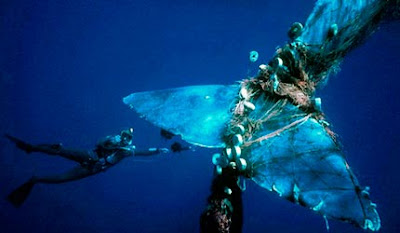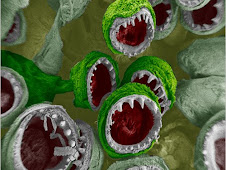
Other than drilling for oil and gas in the Arctic, there has been growing interest in biotechnology, using genetic material of Arctic plants and animals in products.
"Enzymes from Arctic fish that remain active near the freezing mark allow food processors to operate at lower - and safer - temperatures. Such cold-adapted enzymes show potential for improving products from bread to beer. Other companies are using so-called "antifreeze proteins" found in Arctic plants and animals as a way to improve the taste, texture and safety of frozen food.
One company is using antifreeze proteins from the Arctic pout, an eel-like fish found off Labrador, to make low-fat ice cream.
Some of those proteins may have medical value. Proteins from the Arctic squirrel, the only mammal known to be able to lower its body temperature below freezing, are being tested to see if they will help people recover from strokes."
 Wild Salmon in Trouble Video: The Link Between Farmed Salmon, Sea Lice and Wild Salmon
Wild Salmon in Trouble Video: The Link Between Farmed Salmon, Sea Lice and Wild Salmon















